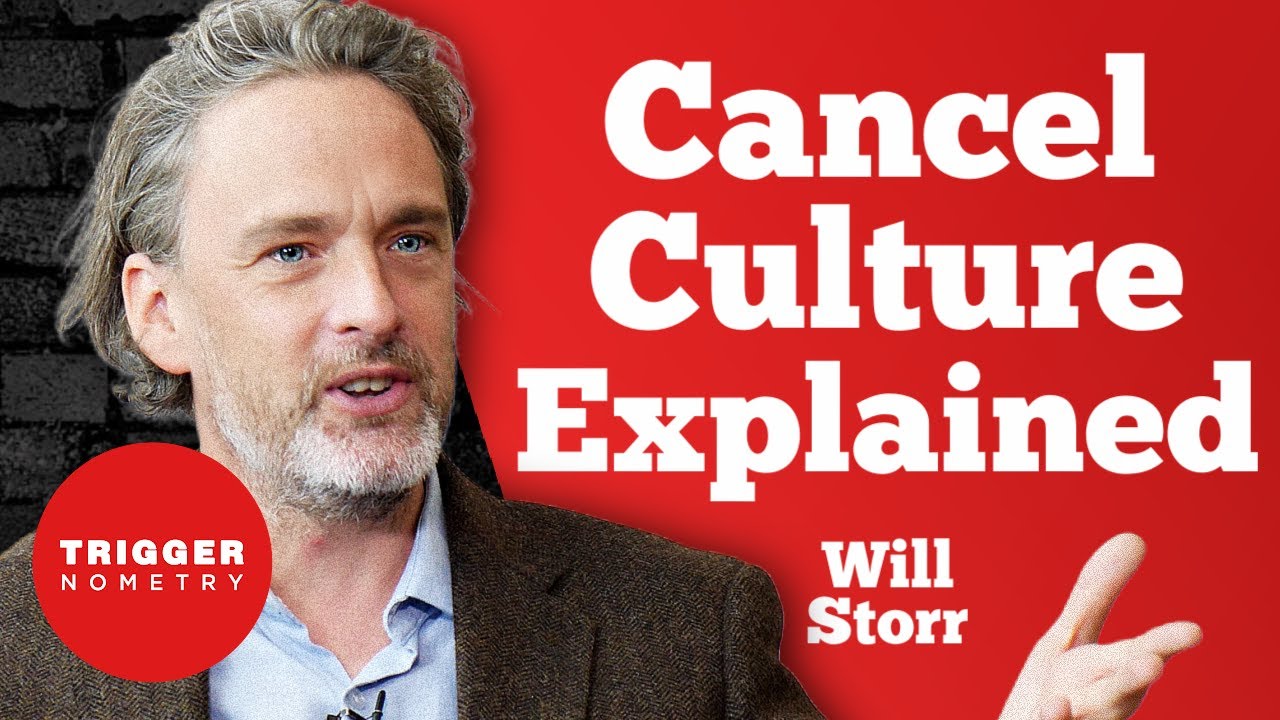The Loneliness Epidemic
Summary
TLDRIn this insightful interview, author Johann Hari discusses his book 'Lost Connections', exploring the paradox of increasing loneliness and depression in our hyper-connected world. He investigates the root causes beyond biology, such as societal disconnection and materialistic values, and presents alternative solutions like community engagement and reevaluating our priorities. Hari's research suggests that addressing the real issues behind mental distress can be more effective than just relying on medication.
Takeaways
- 🌐 The paradox of technology: Despite unprecedented connectivity, society has become increasingly lonely.
- 📈 The rise of depression: Johann Hari notes a continuous rise in depression and anxiety in the Western world, prompting an exploration of the causes.
- 💊 The oversimplification of treatment: Traditional medical advice often attributes depression to a chemical imbalance, with medication as the primary solution.
- 🔎 Hari's global journey: The author traveled extensively to understand the multifaceted causes of depression and anxiety, beyond the biological.
- 🌿 Environmental impact: Hari discovered that factors such as disconnection from nature and community significantly contribute to mental health issues.
- 🤝 The importance of social connection: Loneliness, a lack of close friendships, and the absence of a supportive community are identified as key drivers of depression.
- 🛠️ Alternative solutions: The script highlights non-pharmacological approaches, such as community projects and social engagement, as effective treatments.
- 🌱 The power of nature: Engaging with the natural world and gardening activities were found to have antidepressant effects.
- 📱 The role of social media: While offering potential for connection, social media can also exacerbate feelings of loneliness and isolation.
- 🏷️ Materialism critique: The script questions the correlation between material wealth and happiness, suggesting that materialism may lead to mental distress.
- 🔄 The need for value reassessment: It suggests a shift away from materialistic pursuits towards meaningful activities and experiences for improved mental well-being.
Q & A
What is the paradox that the video transcript discusses about modern society?
-The paradox discussed is that despite being the most connected society in history with advanced communication technologies, modern society has also become the loneliest.
What was the purpose of Johann Hari's book 'Lost Connections'?
-Johann Hari wrote 'Lost Connections' to explore the reasons behind the increasing rates of depression and anxiety in the Western world and to find solutions beyond just medication.
What are the two biological causes of depression and anxiety mentioned by Johann Hari?
-The two biological causes mentioned are genetic vulnerability and actual changes in the brain that can occur when a person becomes depressed.
How does Johann Hari describe the journey he took for his research?
-Johann Hari traveled over 40,000 miles to meet leading experts and people with different perspectives on depression and anxiety, from an Amish village in Indiana to a city in Brazil that banned advertising.
What is one of the non-biological factors contributing to depression and anxiety according to the transcript?
-One non-biological factor is the lack of social connection and the decrease in the number of close friends people have, leading to increased loneliness.
What role did Dr. Sam Everington play in the transcript?
-Dr. Sam Everington pioneered a different approach to treating depression and anxiety by creating a community project where people worked together to transform a neglected area into a garden.
What is the significance of the 'dog share alley' transformation in the transcript?
-The transformation of 'dog share alley' into a garden by a group of people suffering from depression and anxiety symbolizes the healing power of community and connection.
What does Johann Hari suggest about the role of social media in our lives?
-Hari suggests that social media can be a 'way station' for offline connections, but if it becomes the final destination for social interaction, it may indicate a problem and contribute to feelings of loneliness.
How does Johann Hari relate the pursuit of material wealth to mental health?
-Hari discusses research showing that an excessive focus on material wealth and status can lead to increased depression and anxiety, as it diverts people from fulfilling their deeper psychological needs.
What is the connection between consumerism and the feelings of inadequacy as per the transcript?
-The transcript suggests that consumerism is driven by a cycle of making people feel inadequate so that they seek to purchase products as a 'solution', which is a hollow substitute for genuine connection and fulfillment.
What is the potential impact of adopting a minimalist lifestyle according to the transcript?
-Adopting a minimalist lifestyle could help people step off the consumerist treadmill and focus more on meaningful connections and experiences, potentially leading to improved mental health.
Outlines

Esta sección está disponible solo para usuarios con suscripción. Por favor, mejora tu plan para acceder a esta parte.
Mejorar ahoraMindmap

Esta sección está disponible solo para usuarios con suscripción. Por favor, mejora tu plan para acceder a esta parte.
Mejorar ahoraKeywords

Esta sección está disponible solo para usuarios con suscripción. Por favor, mejora tu plan para acceder a esta parte.
Mejorar ahoraHighlights

Esta sección está disponible solo para usuarios con suscripción. Por favor, mejora tu plan para acceder a esta parte.
Mejorar ahoraTranscripts

Esta sección está disponible solo para usuarios con suscripción. Por favor, mejora tu plan para acceder a esta parte.
Mejorar ahora5.0 / 5 (0 votes)






